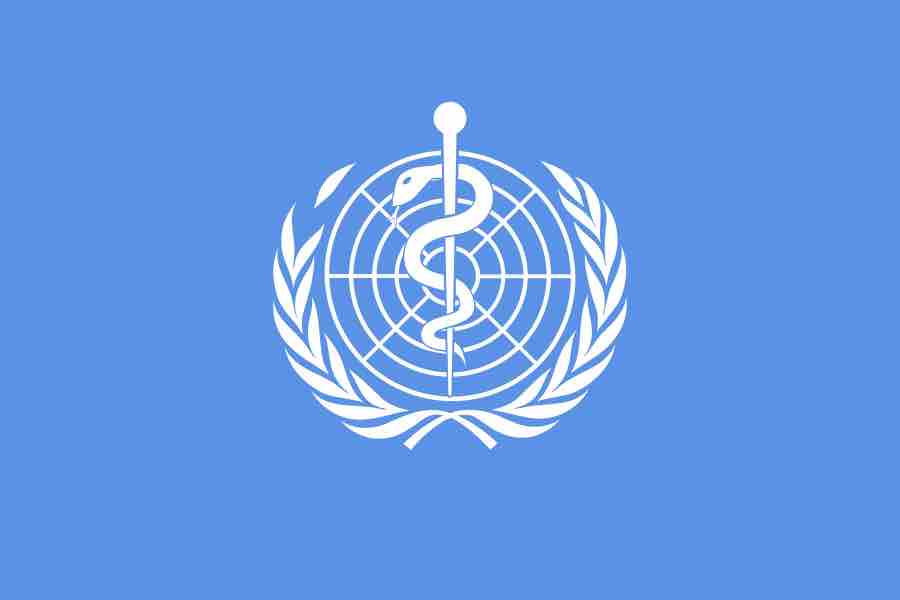Global Health
Global health is the health of populations in a global context and transcends the perspectives and concerns of individual nations. Health problems that transcend national borders or have a global political and economic impact are often emphasized. It has been defined as "the area of study, research and practice that places a priority on improving health and achieving equity in health for all people worldwide. " Thus, global health is about worldwide improvement of health, reduction of disparities, and protection against global threats that disregard national borders. The application of these principles to the domain of mental health is called global mental health.
The major international agency for health is the World Health Organization (WHO) . Other important agencies with impact on global health activities include UNICEF, World Food Programme (WFP), United Nations University - International Institute for Global Health, and the World Bank. A major initiative for improved global health is the United Nations Millennium Declaration and the globally endorsed Millennium Development Goals.

Flag of the World Health Organization
This is the flag of the World Health Organization.
Global health is a research field at the intersection of medical and social science disciplines, such as demography, economics, epidemiology, political economy, and sociology. Through these different disciplinary perspectives, it focuses on determinants and the distribution of health in international contexts.
Global Health Perspectives
An epidemiological perspective identifies major global health problems. A medical perspective describes the pathology of major diseases, and promotes prevention, diagnosis, and treatment of these diseases.
An economic perspective emphasizes the cost-effectiveness and cost-benefit approaches for both individual and population health allocation. Aggregate analysis focuses on analysis for the health sector. For instance, governments and non-governmental organizations (NGOs) may engage in aggregate analysis.
Cost-effectiveness analysis compares the costs and health effects of an intervention to assess whether health investments are worthwhile from an economic perspective. It is necessary to distinguish between independent interventions and mutually exclusive interventions. For independent interventions, average cost-effectiveness ratios suffice. However, when mutually exclusive interventions are compared, it is essential to use incremental cost-effectiveness ratios. The latter comparisons suggest how to achieve maximal health care effects with the available resources.
Another ethical approach emphasizes distributional considerations. The Rule of Rescue, coined by A.R. Jonsen (1986), is one way to address distributional issues. This rule specifies that it is "a perceived duty to save endangered life where possible. " John Rawls ideas on impartial justice is a contractual perspective on distribution. These ideas have been applied by Amartya Sen to address key aspects of health equity. Bioethics research also examines international obligations of justice, in three broadly clustered areas: When are international inequalities in health unjust? Where do international health inequalities come from? How do we meet health needs justly if we can't meet them all?
A political approach emphasizes political economy considerations applied to global health. Political economy originally was the term for studying production, buying and selling, and their relations with law, custom, and government. Originating in moral philosophy (e.g., Adam Smith was professor of Moral Philosophy at the University of Glasgow), political economy of health is the study of how economies of states influence aggregate population health outcomes.
There are many perspectives and approaches to take when it comes to issues of global health, hence why the global health system is still struggling. Some perceive the immunization and prevention of disease to be a form of public democracy, others view it as a moral duty or an investment in self-protection. The journalist, Laurie Garrett explores the various perspectives shaping global health and suggests that it is due to perspective divergence that is hindering monetary funding and philanthropic efforts of organizations to properly control disease.
There are dangers to having divergent perspectives especially if it is a biased one; such as exemplified by Andrew Natsios of USAID, when he proclaimed that antiretrovirals should not be distributed to HIV-stricken Africa due to the occupants lacking a concept of time and clocks to properly facilitate the proper sequence of drug consumption. In addition, divergent perspectives can lead to "stove-piping", which localizes funding to only specific causes while neglecting the larger and more important issues. The most important aspect in achieving global health is to take on a research approach and act accordingly to data and proven research because global health needs to be focused on as a whole, rather than specific causes.

This is the flag of the World Health Organization.